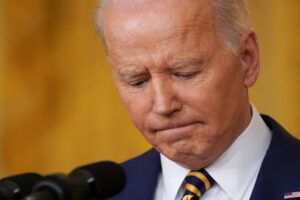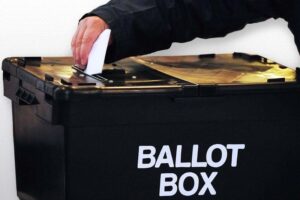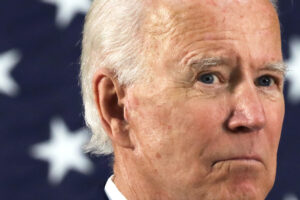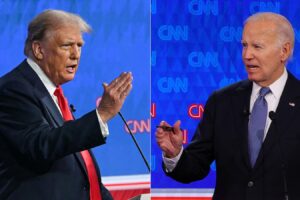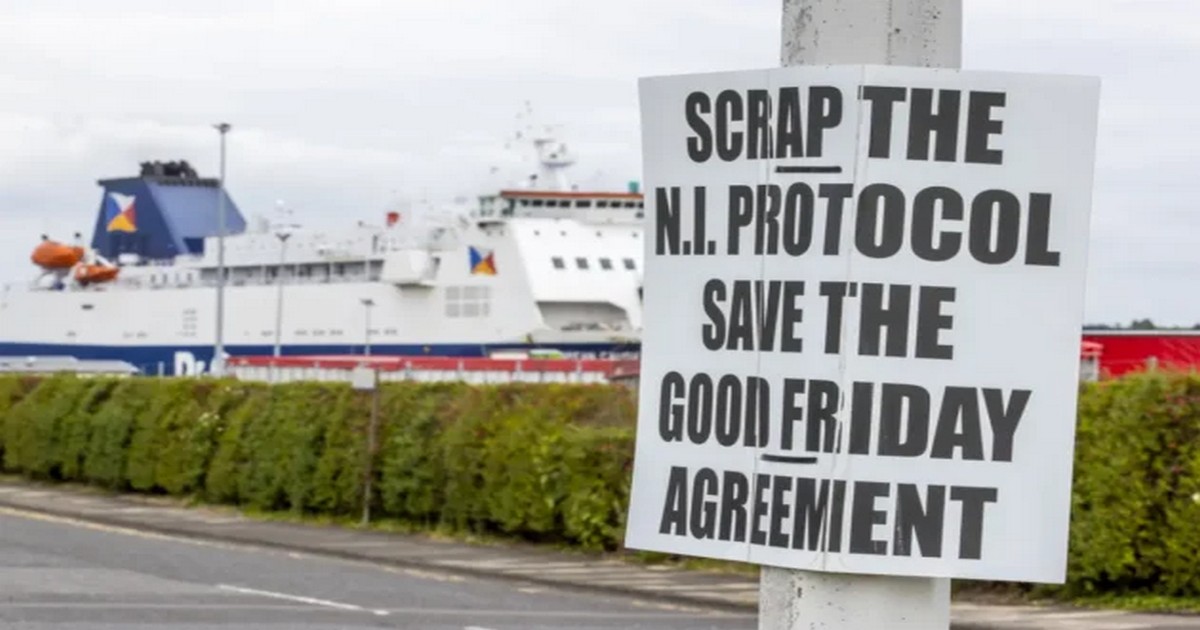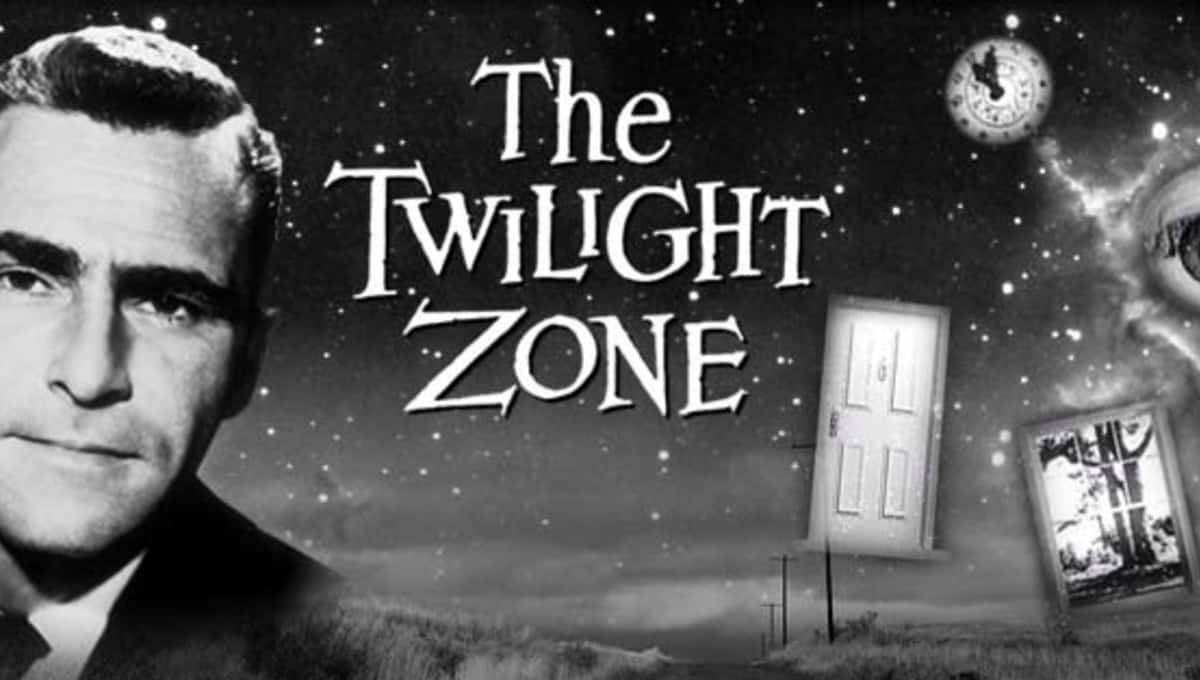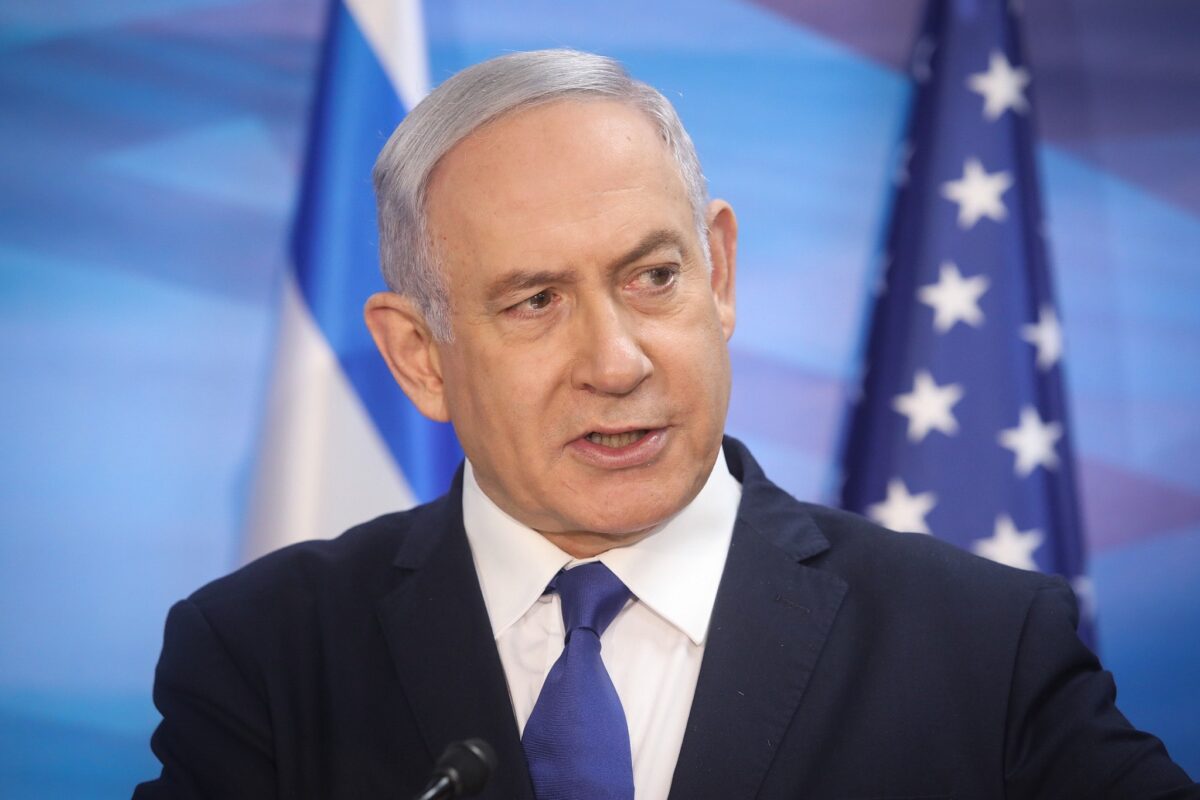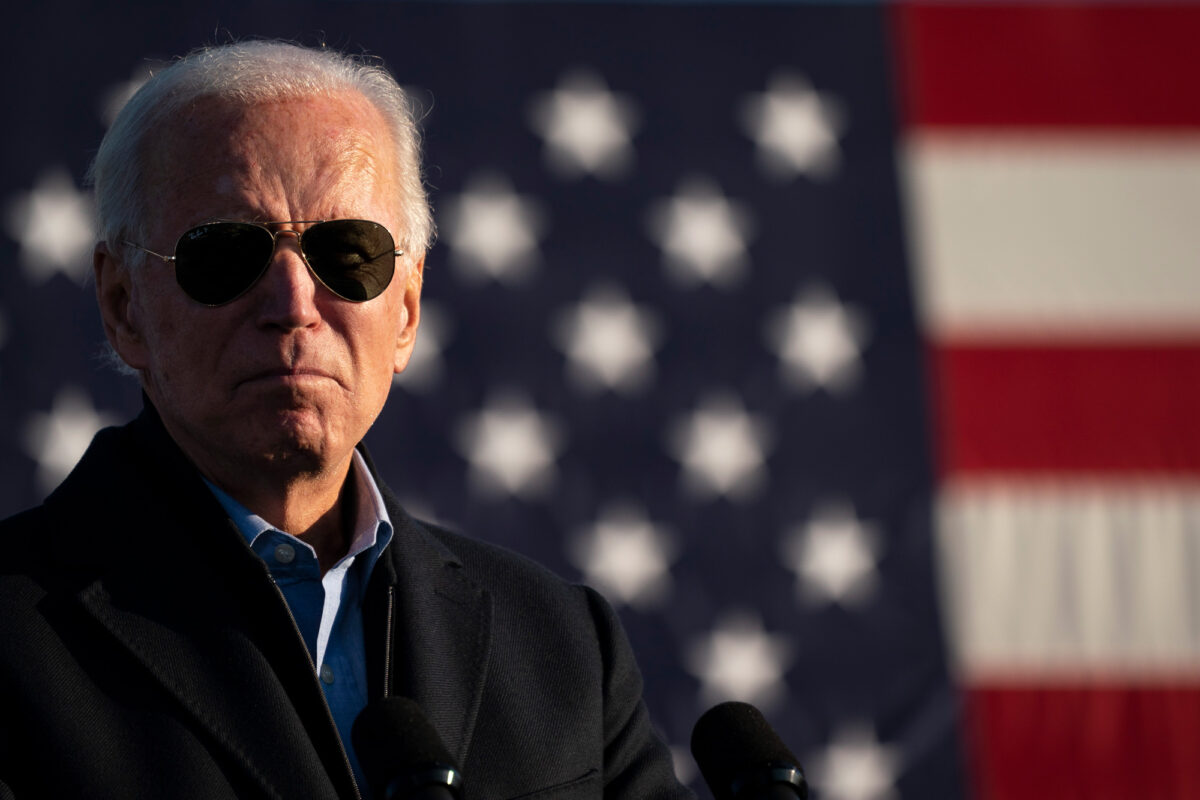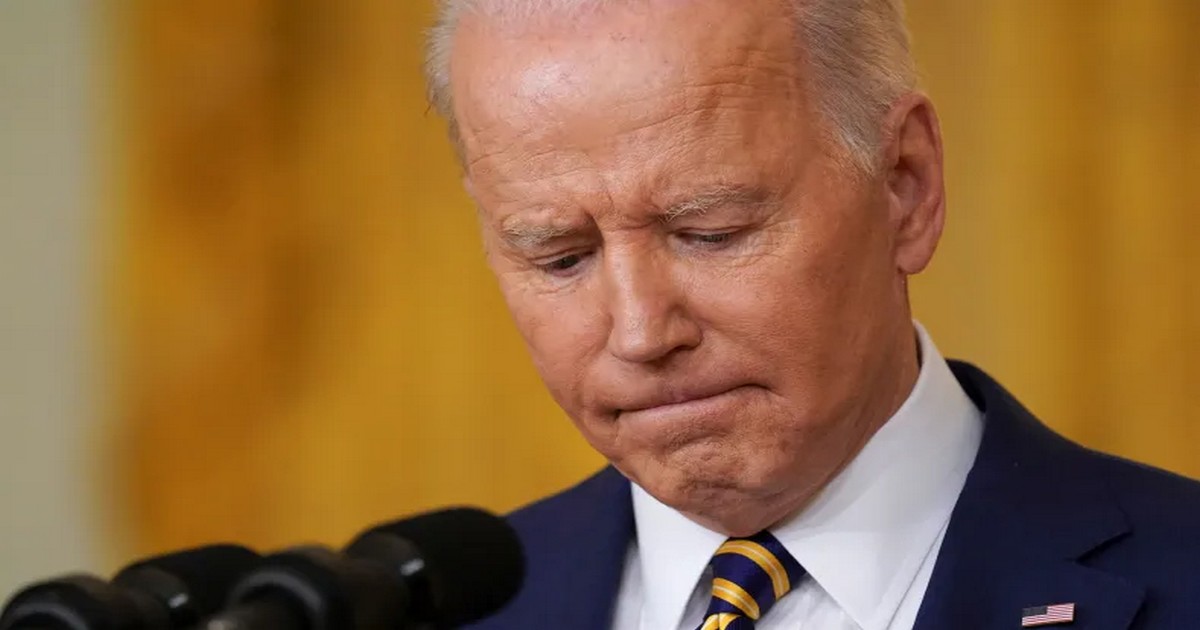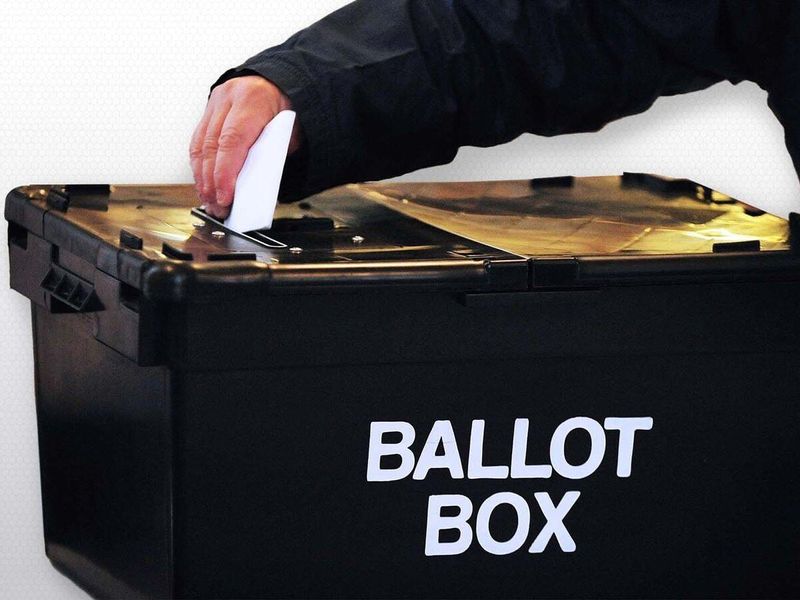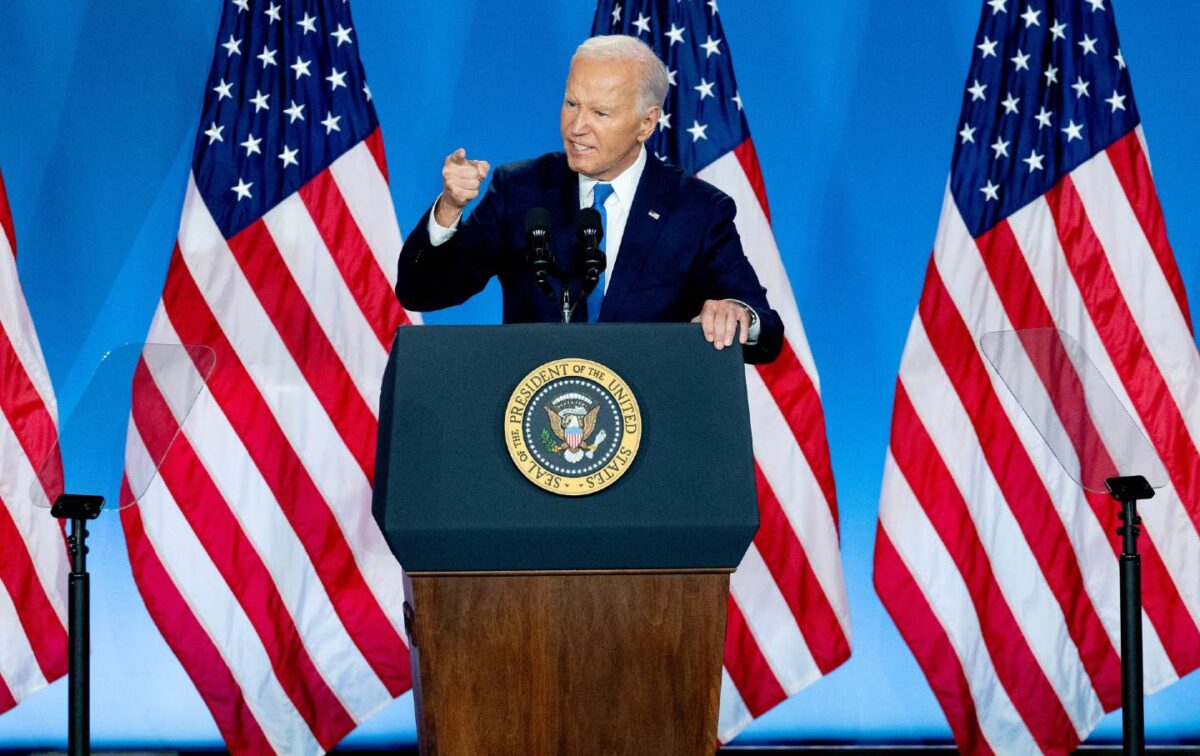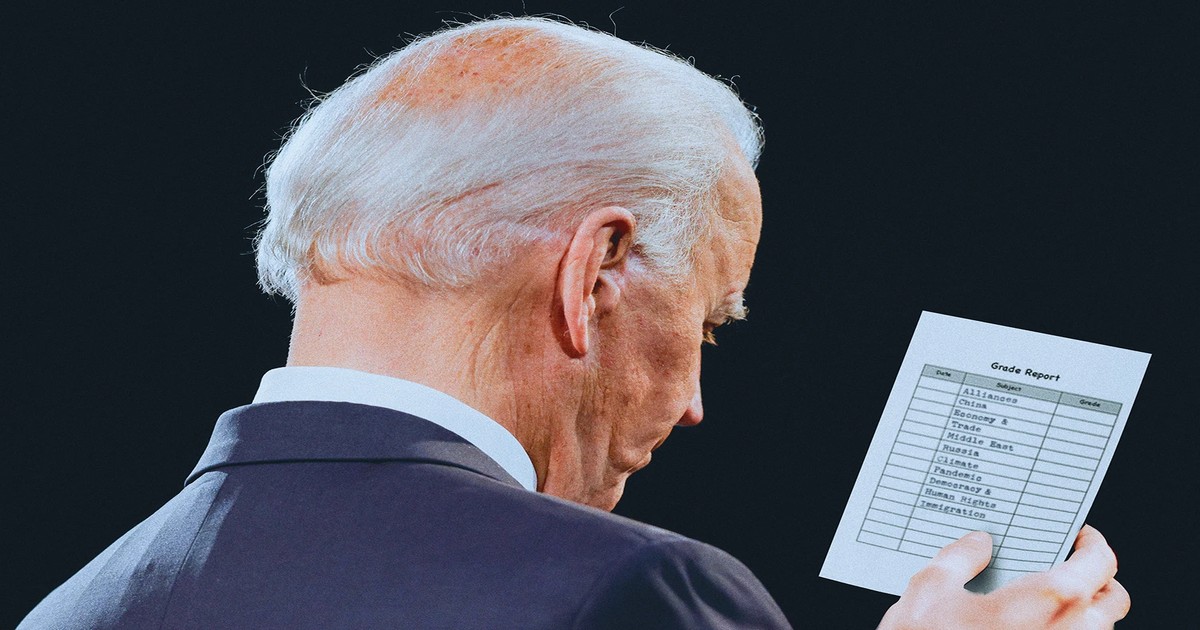‘Will they or won’t they?’ Those are the questions the media are feverishly asking themselves of Northern Ireland’s Democratic Unionist Party as they pore over the latest offer on the Protocol devised by the government in conjunction with the European Union. Their answer should become clear in the next few days. Understandably, they have refused to enter the Stormont power-sharing administration alongside the Provisional IRA’s handmaidens until such time as they believe the province’s place within the UK internal market is resecured. The seven tests they have set for both HM Government and the European Commission involve the complete removal of the oversight of the European Court of Justice on law pertaining to Northern Ireland. As any final package is highly unlikely to meet this requirement, it begs the question: ‘Would the fortunes of Unionism prosper if the DUP accepted the so-called compromise on the table?’ Personally, I don’t think it would. The prospect of office accommodation, expenses galore and the status of a sitting MLA could well be a strong attraction to the sort of sub-standard politico that’s dominated that sorry Assembly since its incarnation in 1998. However, taking into account the political nature of the ECJ, coupled with the axiomatic reality that Brexit hasn’t yet been properly delivered, I fail to see how any proposal can satisfy either the demands of Unionism or the fundamental principle of Brexit.
Whenever I talk about the Northern Ireland Protocol, I always like to look back on the timeline of events and lies that brought us to this position. It starts off, of course, with the disastrous Theresa May government suggesting that anything as prominent as a Kodak Instamatic placed on what has been an internationally-recognised frontier for over a century would precipitate a wave of unrest not seen since the 1970s. My, my, that speaks volumes as to the quality of the peace process they’ve been invested in for 25 years. They were aided in this propaganda exercise by an Irish government always keen on lessening Northern Ireland’s status as an integral part of the Kingdom, and by a European Commission who were savvy enough to realise the Protocol would be an effective bridgehead used to keep some EU influence over a part of the territory of a – now – third country that had ‘dared’ to leave its protectionist confines. The only difference between Boris Johnson’s Brexit and that proposed by May was the former’s ability to extricate England, Scotland and Wales from EU law. To those who claim May’s ‘backstop’ would have prevented any sort of checks in the Irish Sea, I say ‘you’re liars….and you KNOW you’re liars’. Checks on good passing between Great Britain and Northern Ireland would still have needed customs declarations and other assorted documentation, a point made clear by May’s own Attorney General, Sir Geoffrey Cox. Boris Johnson, severely weakened by a Parliament that never wanted to honour the 2016 referendum, negotiated the Protocol from the ashes of the conflagration caused by May’s supine negotiating tactics. Once May accepted the aim of protecting the EU Single Market took priority over the internal market of the country she was elected to govern, the terms that still dog us today were born.
In my opinion the term ‘Brexit’ was very straightforward. It meant the United Kingdom (not sections of it) leaving the entirety of the EU institutions to forge its new direction as a fully independent country. Ardent Remainers have used every argument in the book – from delegitimising the concept of the UK as a nation-state by claiming two of its four constituent parts did not consent to leave, to repeating the lie that Northern Ireland had a unique constitutional position requiring something like the Protocol to safeguard it (despite the Belfast High Court categorically ruling against such an argument). Whilst carping from the sidelines by falsely attributing every economic woe to Brexit, they are oblivious to the fact that while one part of the UK remains within the ambit of any EU institutions, we cannot claim to have accomplished what the populace instructed the politicians to achieve nearly seven years ago. If you’re a painter and decorator and are ordered by a customer to give the four walls of a living room a new coat of magnolia emulsion, can you truly have said to have honoured the customer’s wishes if you leave one wall in its original black? May’s Brexit legacy makes her, in my book, the worst Prime Minister in living memory. She even surpasses Gordon Brown, which is an accomplishment in itself!
The only certainty we’ll be able to glean from Rishi’s forthcoming proclamation of the UK/EU ‘peace in our time’ is that a part of this country will still be, in some way, subjected to the ultimate arbitration of the ECJ. The absence of a codified constitution in the UK makes us particularly vulnerable to ECJ legal contamination. Even before the days of Blair’s institutional baby in the form of the Supreme Court, the House of Lords was more than content to outsource the supremacy of EU statute to overturn longstanding British constitutional conventions such as the Crown’s immunity from prosecution. A parliamentary Establishment traditionally in thrall to the EU’s legal order and one set against the Brexit project in the first place, is hardly likely to mount any serious defence of our own judicial legitimacy in Northern Ireland. Especially so when Westminster’s history of dealing with the province since 1985 has been to ride roughshod over those loyal to the United Kingdom in order to placate those who wish to dismember it!
Sir Jeffrey Donaldson’s party has a careful choice to make. As much as I fully sympathise with him about wanting to find a path to aligning Northern Ireland more closely with the rest of the UK, he has to appreciate that using the remit of the ECJ to do so will – in the long term – exacerbate the divisions within the province in addition to acting as a brake on any diversion from EU regulations the rest of the UK might well want to pursue. The Protocol was never about peace; it was never about avoiding a hard border (a border whose only hardening during the days of the Troubles was to reduce the amount of IRA activity emanating from the Republic). It was about lassoing the entire UK to the European Union’s regulatory orbit. Neither the PM’s forthcoming reassurances, nor media hype, should obscure such a fundamental point.
Views: 75






